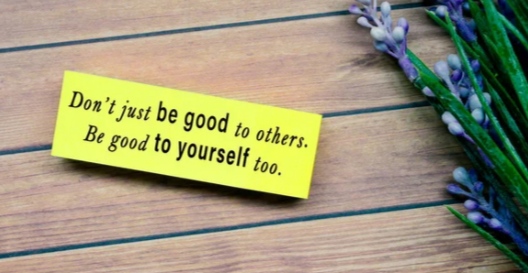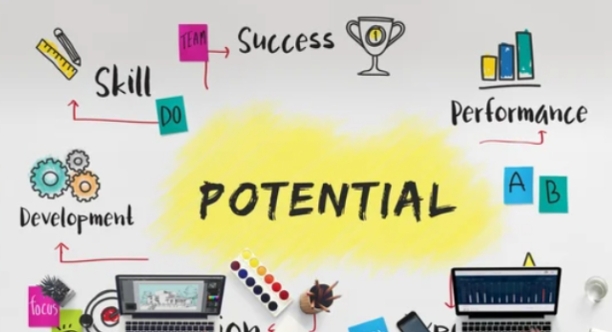
In today’s fast-paced and unpredictable world, one often wonders where to put their hard-earned money for growth and security. While the traditional practice of saving money certainly has its advantages, it may not be the best strategy to maximize your wealth in the long run. Investing money, on the other hand, presents several compelling reasons why it is a better choice than simply saving it.
First and foremost, investing money allows it to work for you. Instead of leaving your funds idle in a savings account that only offers minimal interest rates, investing provides an opportunity to generate higher returns over time. Depending on the investment vehicle you choose, such as stocks, bonds, mutual funds, or real estate, you can potentially earn significant profits and grow your wealth exponentially.
Moreover, investing money acts as a guard against inflation. Inflation erodes the purchasing power of money over time, meaning that the same amount of money will buy fewer goods and services in the future. By investing, you can aim to outpace the inflation rate and preserve the value of your money. Historically, the stock market has consistently outperformed inflation over the long term, making it a popular choice for many investors.
Furthermore, investing money promotes financial literacy. To make wise investment decisions, individuals need to educate themselves about various investment options, financial markets, and economic trends. This knowledge not only enhances their understanding of the global economy but also empowers them to make informed choices about managing their finances. This acquired knowledge can prove invaluable in both personal and professional endeavors.
Nevertheless, it is essential to acknowledge that investing does come with a certain level of risk. The value of investments can fluctuate, and there is always the possibility of losing money. However, proper research, portfolio diversification, and a long-term perspective can minimize that risk. Consulting with financial advisors or professionals can also provide guidance and mitigate potential pitfalls. Whenever you are making an investment always diversify your portfolio. Never put all your money at one place as it will lower the risk of loss.
Therefore, while saving money is a wise financial practice, investing money is undoubtedly a better avenue for growing and maximizing your wealth. By putting your money to work through investment vehicles, you can potentially earn higher returns. Also, you get protect against inflation, contribute to economic growth, and promote financial literacy. It is crucial, though, to exercise due diligence and seek professional advice to minimize risks and ensure the best outcomes. So, take that leap, invest wisely, and watch your money work for you!











